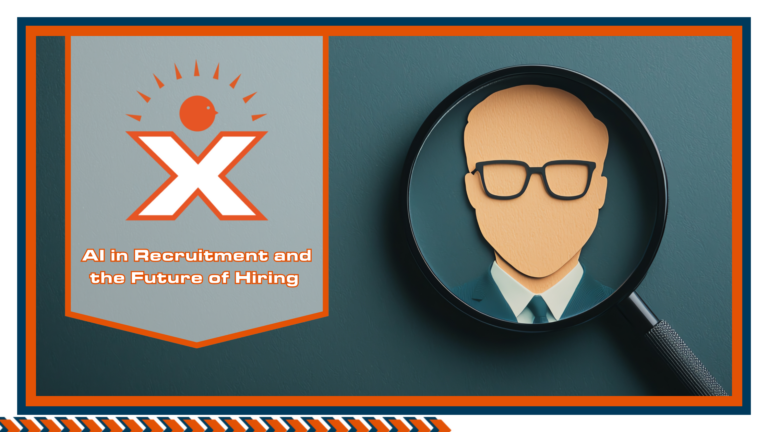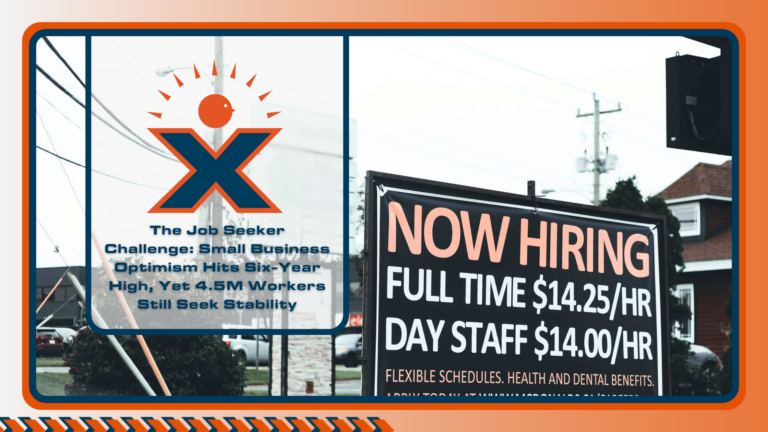Staying ahead in today’s job market means continually building skills that align with evolving industry demands. Skill development isn’t just about landing a new role—it’s about growing within your current position and preparing for future opportunities. As industries change and adapt, those who prioritize ongoing learning are better equipped to thrive.
Hands-On Development Meets Opportunity
The manufacturing sector is expanding in ways that go beyond job titles. From January 2024 to January 2025, 34 states and D.C. saw growth in construction staffing, with 23 of those states increasing job totals within that same stretch (AGC of America). Texas led the way, adding over 19,000 positions. That growth isn’t only about demand—it’s about preparation.
Hands-on careers depend on practical skills. Employers in this space prioritize readiness, and workers who continue to develop site safety knowledge, equipment handling, or project coordination often become the first picks for open roles. Building career development into routine work can open long-term doors, especially when combined with consistent performance and adaptability.
Digital Skills Still Drive Hiring
Not all industries grow the same way, but the message is similar. According to CompTIA, more than 21,000 new core technology jobs were added in early 2025. While some indicators retreated, demand for people with proven tech competencies remained steady.
It’s a reminder that upskilling doesn’t need to wait for a promotion. Learning platforms, weekend certifications, or mentorship inside a current role are all ways to boost your career development without leaving your job. By identifying in-demand tools and taking the time to get familiar with them, people can make themselves indispensable in both technical and non-technical fields.
Starting Early with Real-World Skills
College students—especially those studying abroad—are also being encouraged to think beyond degrees. A U.S. News piece recently emphasized the importance of gaining real-world skills through internships, part-time jobs, and extracurriculars. Communication, teamwork, and initiative don’t appear on transcripts, but they often make the biggest difference in hiring.
Skill development in this stage isn’t about career switching—it’s about career starting. By finding ways to apply what they’re learning outside the classroom, students can shape stronger resumes and feel more confident when entering the job market. The earlier the habit of skill-building starts, the more natural it becomes to grow across every stage of work life.
One Direction, Many Paths
Whether through construction work, tech roles, or student experience, each setting circles back to the same principle—investing in growth gets noticed. Career development doesn’t look the same for everyone, but the commitment to learning consistently creates new possibilities. For some, that means formal training. For others, it’s adding new responsibilities and learning on the go.
No matter the route, the goal is the same: keep improving. Skill-building strategies don’t always require big life changes. Sometimes small moves—taking a course, mastering a new process, getting certified—can do more than just check a box.
Moving Forward with Intention
The workplace keeps changing. Roles adapt, requirements shift, and industries recalibrate. But people who continue to improve their skills remain in motion. When professional development becomes part of the routine, it turns effort into opportunity. Strengthening skill development now builds the kind of momentum that leads to progress—measurable, visible, and real.
Looking for your next job opportunity? Explore rewarding careers today with NEXTAFF. Find the perfect fit for your skills and aspirations with our local staffing agency. Learn More About Candidate Services today!












